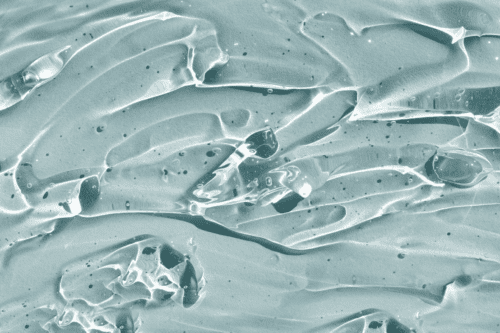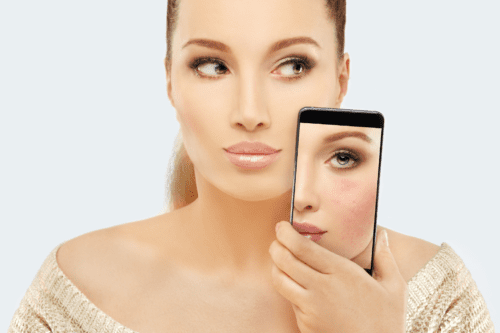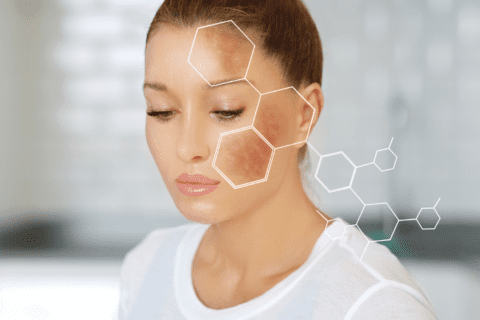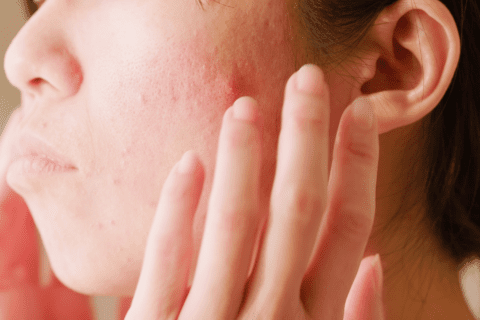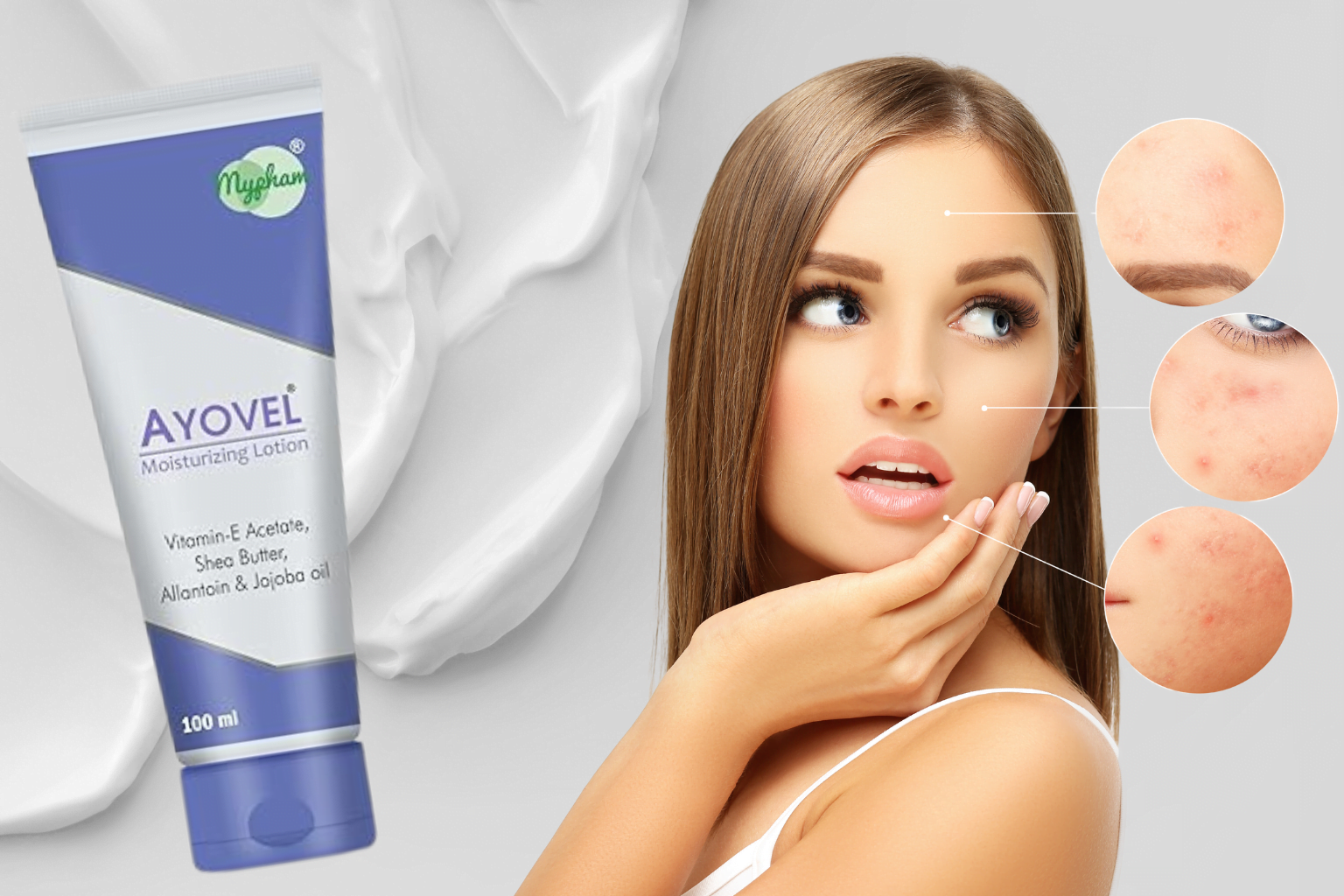
Which Moisturizer is Best for Acne Prone Skin – Clear Skin Ahead
If you struggle to find products that won’t make outbreaks worse, you probably have acne-prone skin. When it comes to these products, moisturizers are frequently confusing. Many believe that moisturizers can clog pores and worsen acne, but the reality is quite the opposite. Proper moisturization is essential for maintaining a healthy skin barrier and preventing excessive dryness, which can actually trigger more oil production and lead to breakouts.
Acne-Prone Skin
Acne-prone skin is characterized by excess oil production, clogged pores, and inflammation. It requires special care to balance hydration without clogging pores or aggravating existing acne lesions. Contrary to popular belief, moisturizing is a crucial step in managing acne-prone skin.
Importance of Moisturizing for Acne-Prone Skin
One common misconception is that moisturizers can cause acne. In reality, the right moisturizer can help soothe inflammation, regulate oil production, and maintain skin hydration. Lack of moisture can lead to dryness, which triggers the skin to produce more oil to compensate, potentially leading to more breakouts.
May You Like This – Can I Use Cleansing Milk Instead of Face Wash?
Key Ingredients to Look for in Moisturizers for Acne-Prone Skin
When choosing a moisturizer for acne-prone skin, it’s important to look for specific ingredients that won’t clog pores or exacerbate acne:
Non-Comedogenic Ingredients
Opt for moisturizers labeled as “non-comedogenic,” meaning they are formulated to not block pores.
Hyaluronic Acid
Hyaluronic acid is a humectant that draws moisture into the skin without leaving a greasy residue, making it suitable for acne-prone skin.
Salicylic Acid
Salicylic acid is a beta hydroxy acid (BHA) that exfoliates dead skin cells, unclogs pores, and reduces inflammation, making it beneficial for acne-prone skin when used in a moisturizer.
Niacinamide
Niacinamide, or vitamin B3, helps regulate sebum production, reduce inflammation, and improve the skin’s barrier function, making it an excellent choice for acne-prone skin.
Best Moisturizers for Acne-Prone Skin
- CeraVe PM Facial Moisturizing Lotion: Contains hyaluronic acid and niacinamide to hydrate and calm acne-prone skin without clogging pores.
- Ayovel Skin Moisturizing Lotion: Indulge your skin in the luxurious care it deserves with Ayovel Skin Moisturizing Lotion. Specially crafted for both men and women, this hydrating body lotion revolutionizes skincare, providing a chemical-free solution for radiant, supple skin.
- Neutrogena Hydro Boost Water Gel: Lightweight and oil-free, this moisturizer contains hyaluronic acid to hydrate the skin without clogging pores.
Tips for Using Moisturizers on Acne-Prone Skin
- Patch Test Before Regular Use: Apply a small amount of the moisturizer to a patch of skin to test for any adverse reactions before applying it to your face regularly.
- Avoid Heavy or Occlusive Moisturizers: Opt for lightweight, oil-free formulas that won’t clog pores or feel heavy on the skin.
- Consistency is Key: Use your chosen moisturizer consistently to maintain hydration and support skin barrier function.
Conclusion
Choosing the right moisturizer for acne-prone skin can make a significant difference in managing breakouts and maintaining skin health. Look for products with non-comedogenic ingredients like hyaluronic acid, salicylic acid, and niacinamide, and remember to prioritize hydration without clogging pores.
FAQs
Can moisturizers actually help acne-prone skin?
Yes, moisturizers with the right ingredients can soothe inflammation, regulate oil production, and maintain skin hydration, all of which are beneficial for acne-prone skin.
What should I avoid in moisturizers for acne-prone skin?
Avoid heavy or occlusive moisturizers that may clog pores, as well as products containing potential irritants like fragrances and essential oils.
How often should I moisturize acne-prone skin?
It’s important to moisturize acne-prone skin twice daily, especially after cleansing, to maintain hydration and support skin barrier function.
Can I use moisturizers with other acne treatments?
Yes, moisturizers can be used alongside other acne treatments, but it’s essential to choose products that won’t interfere with or exacerbate the effects of your acne treatment regimen.
Are natural or organic moisturizers better for acne-prone skin?
Not necessarily. While natural or organic ingredients may be beneficial for some skin types, it’s essential to prioritize non-comedogenic ingredients and avoid potential irritants regardless of whether a product is natural or synthetic.

